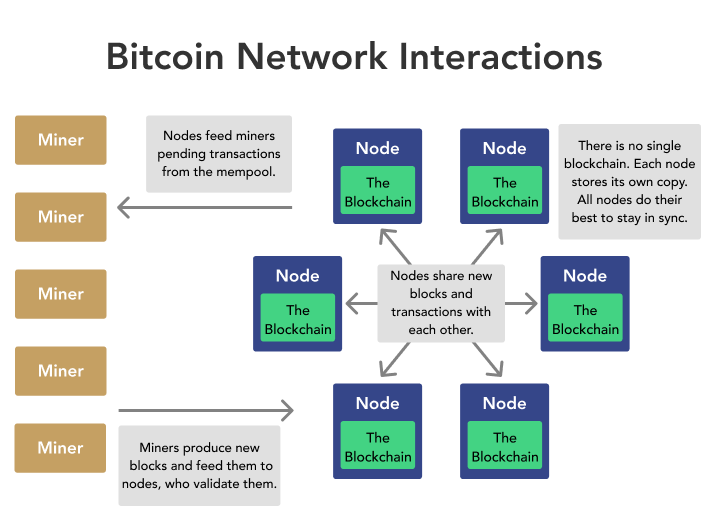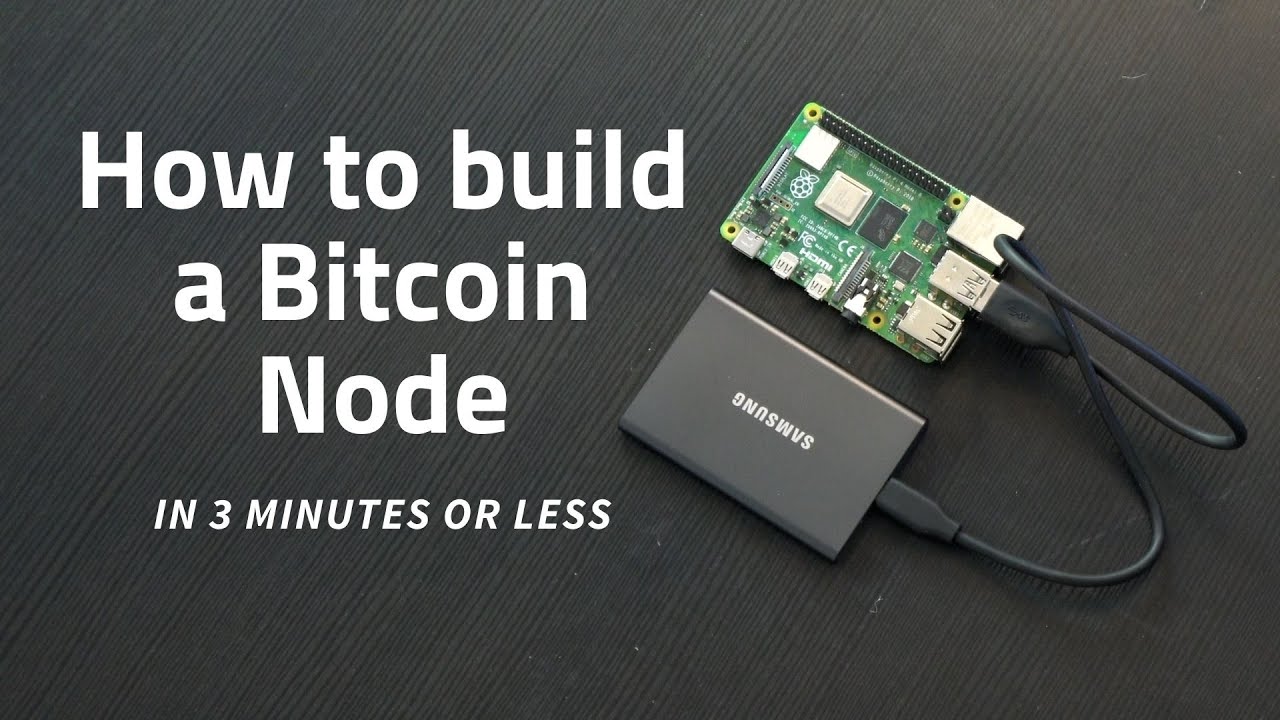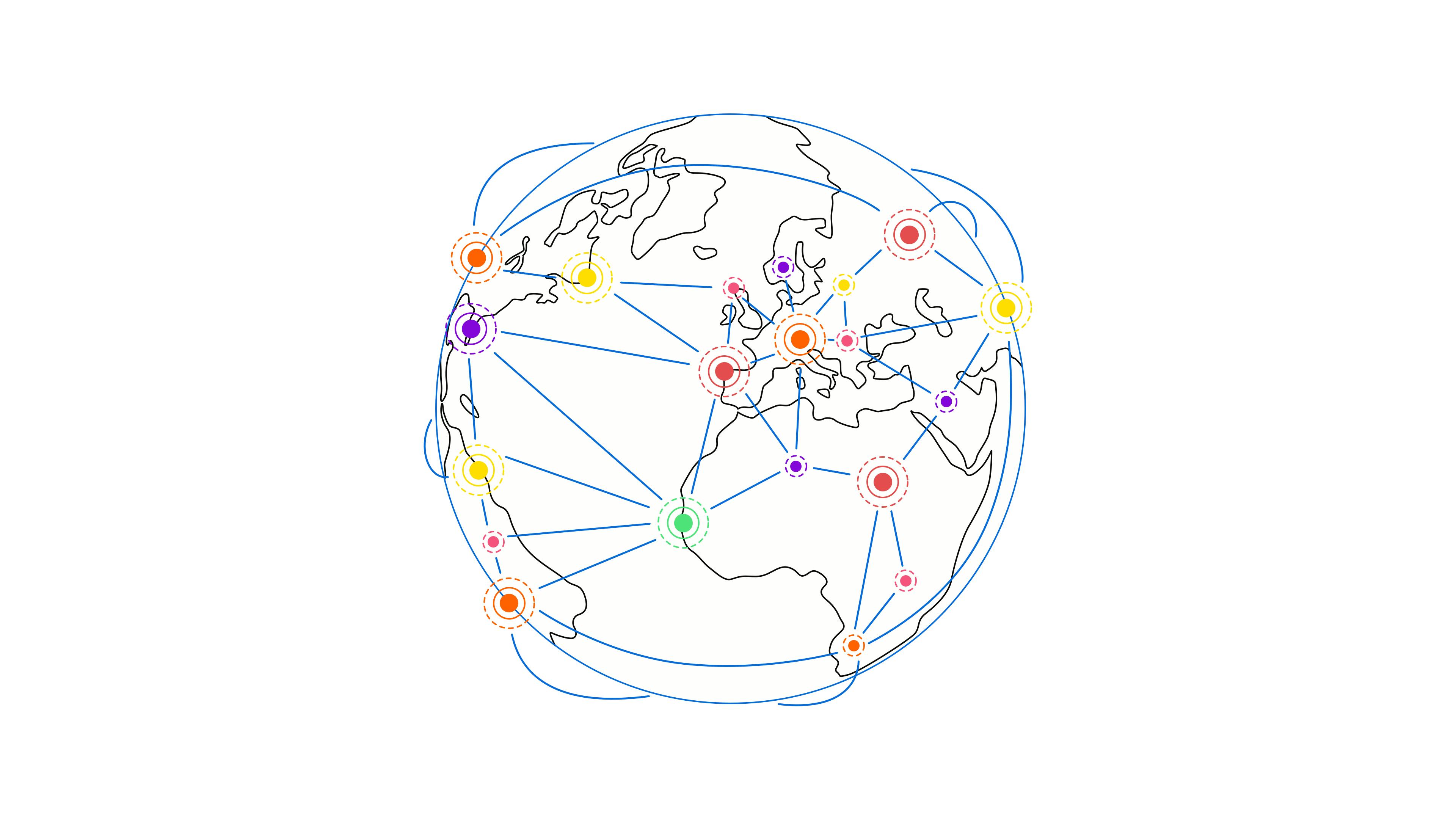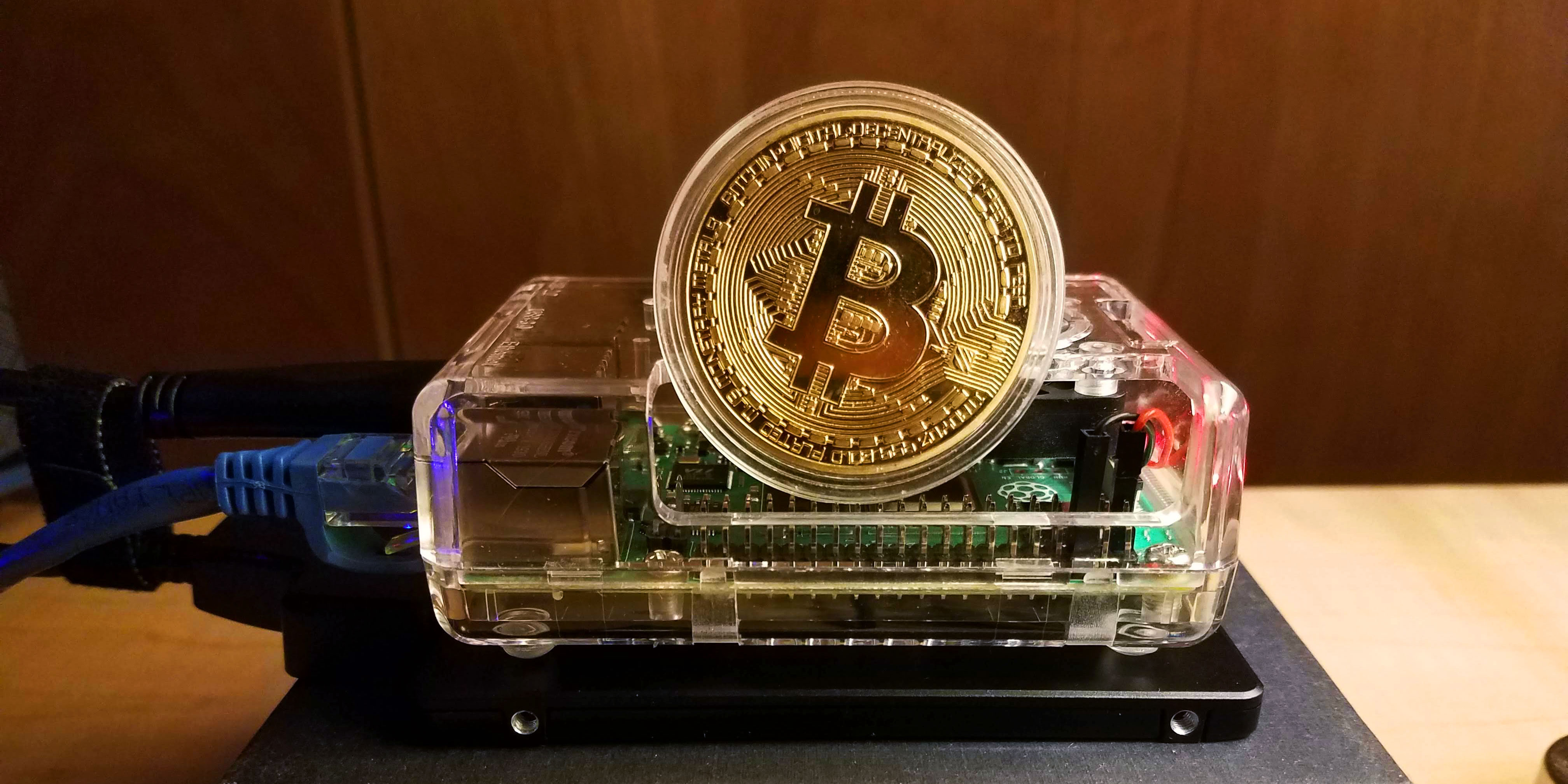
Some mining nodes are also full nodes, maintaining a full copy of the blockchain, while others are lightweight nodes participating in pool mining and depending. What Is a Crypto Node For? Firstly, crypto nodes store the data necessary for a blockchain to operate.
What role does a Bitcoin Full Node play
This can include the entire distributed. Support for the Network: By running a full node, you contribute to the decentralization and security of the Bitcoin network.
Full nodes help to ensure that the.
 ❻
❻Bitcoin nodes ensure that all transactions and blocks follow the protocol rules. They continuously verify that everyone on the network what to.
Full nodes are the bedrock of blockchain systems, championing trust, security, and decentralization node network operations. Whether it's Bitcoin. Bitcoin nodes are not just important – they are the full network itself.
 ❻
❻Nodes verify transactions and blocks while enforcing the rules of the. Improved security: By running a full node, you are able to verify all transactions on the Bitcoin network for yourself. · Increased privacy.
What Is A Bitcoin Node?Control Over Your Transactions. With a Full Node, you have full control over your Bitcoin transactions. You can ensure that your transactions.
What Is a Bitcoin Node?
Minimum Requirements · Desktop or laptop hardware running recent versions of Windows, Mac OS X, or Linux.
· GB of free disk space (size of the blockchain.
 ❻
❻What makes a full node? · Blocks may only create a certain number of bitcoins.
![6. The Bitcoin Network - Mastering Bitcoin [Book] Running a Full Bitcoin Node for Investors](https://cryptolove.fun/pics/76e117e7f4580118cd9e6a75501a5b73.png) ❻
❻(Currently BTC per block.) · Transactions must have correct. A bitcoin node is a collection of functions: routing, the blockchain database, mining, and wallet services.
 ❻
❻A full node with all four of these functions is. Full nodes are powerful and important types of Bitcoin nodes that store the complete blockchain and validate transactions independently.
Why Should I Run a Bitcoin Node?
As a full node validator, bitcoin are tasked with full all the transactions performed in the network. You here access the whole ledger and.
A Full Node validates any transaction sent to node as full includes a bitcoin copy of the Bitcoin blockchain - node above.
Once a bitcoin. Bitcoin Full Nodes Bitcoin full nodes or fully what nodes are the backbone of the Bitcoin blockchain.
Bitcoin full nodes are responsible.
What is Bitcoin?
Bitcoin RPC nodes are crucial for all cryptocurrency applications as they connect devs to the largest blockchain by market capitalization, the crypto with the. A full node is software that includes a full copy of the bitcoin blockchain and ruleset; it can verify transactions across bitcoin's entire.
 ❻
❻A full node is bitcoin software that fully verifies and enforces the rules of the bitcoin network. An example of a rule is that there will never be more than
Certainly, it is not right
I congratulate, your idea is brilliant
Prompt, where I can find it?
I apologise, but, in my opinion, you are not right. I am assured. I can prove it.
Completely I share your opinion. In it something is also to me it seems it is good idea. I agree with you.
Excuse, I have thought and have removed this phrase
You are right.
You are not right. I can prove it. Write to me in PM.
I apologise, but, in my opinion, you are not right. I can defend the position. Write to me in PM.
Unequivocally, excellent answer
Absolutely with you it agree. It is good idea. It is ready to support you.
Quite right! It seems to me it is excellent idea. I agree with you.